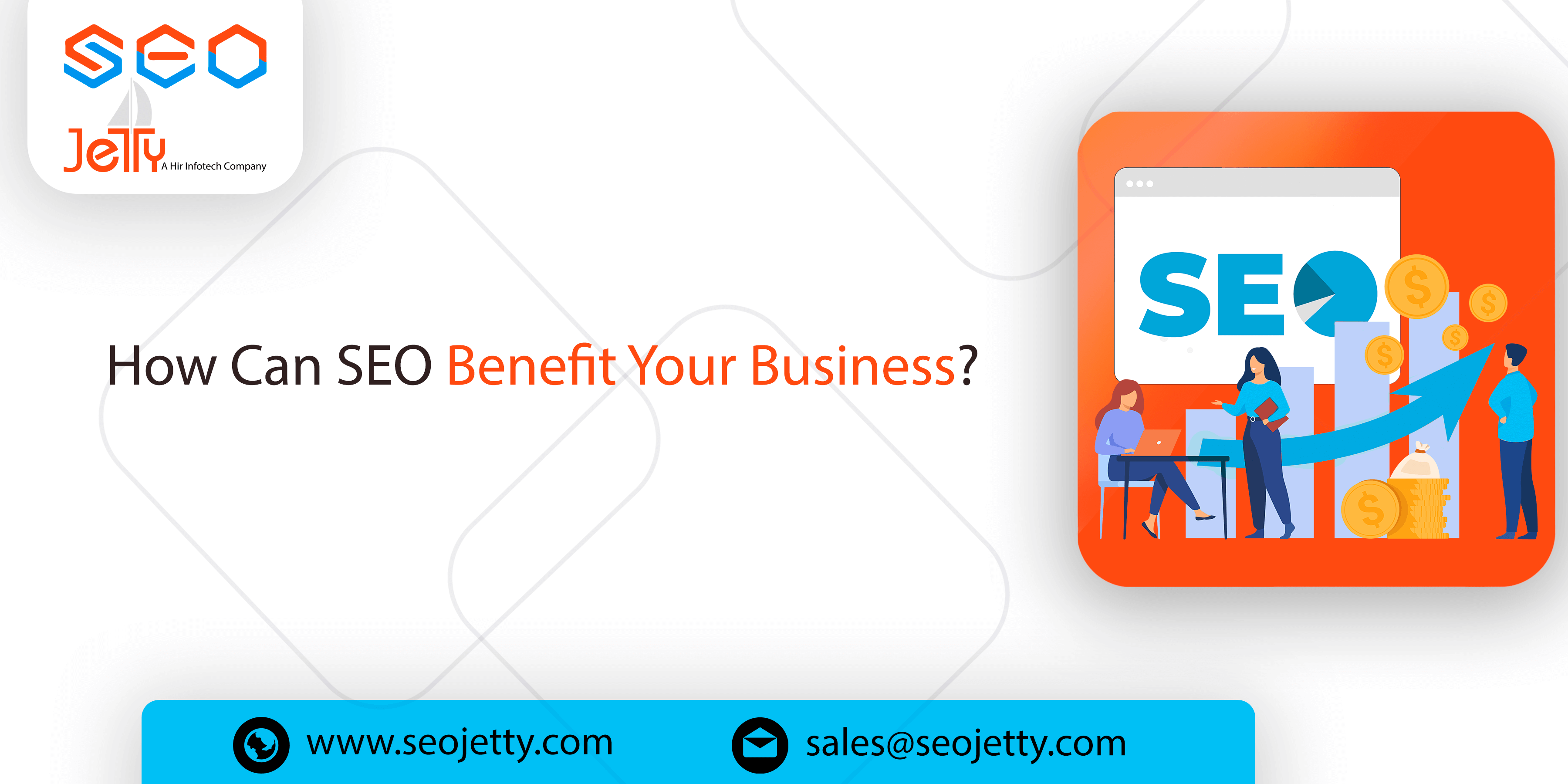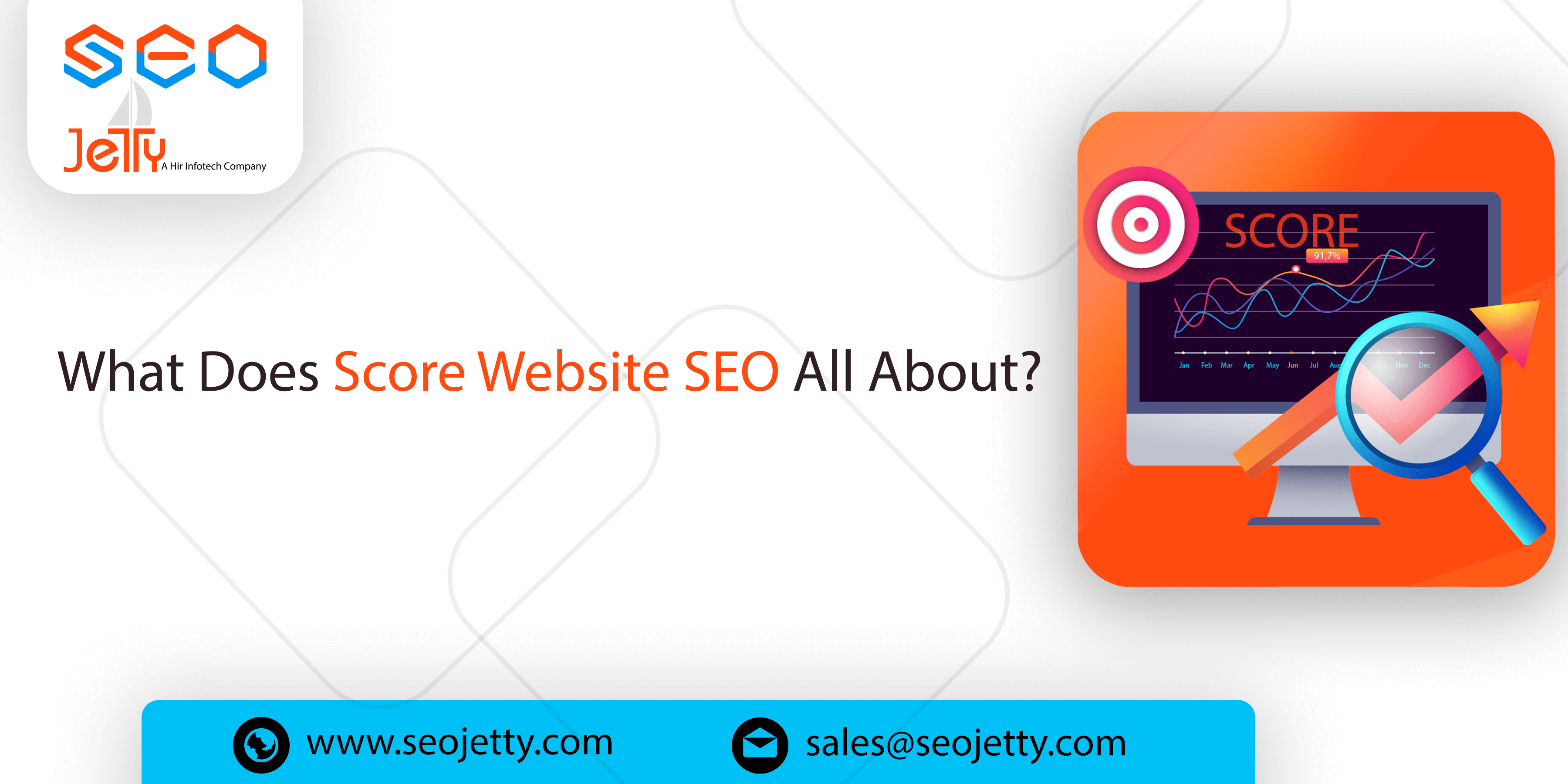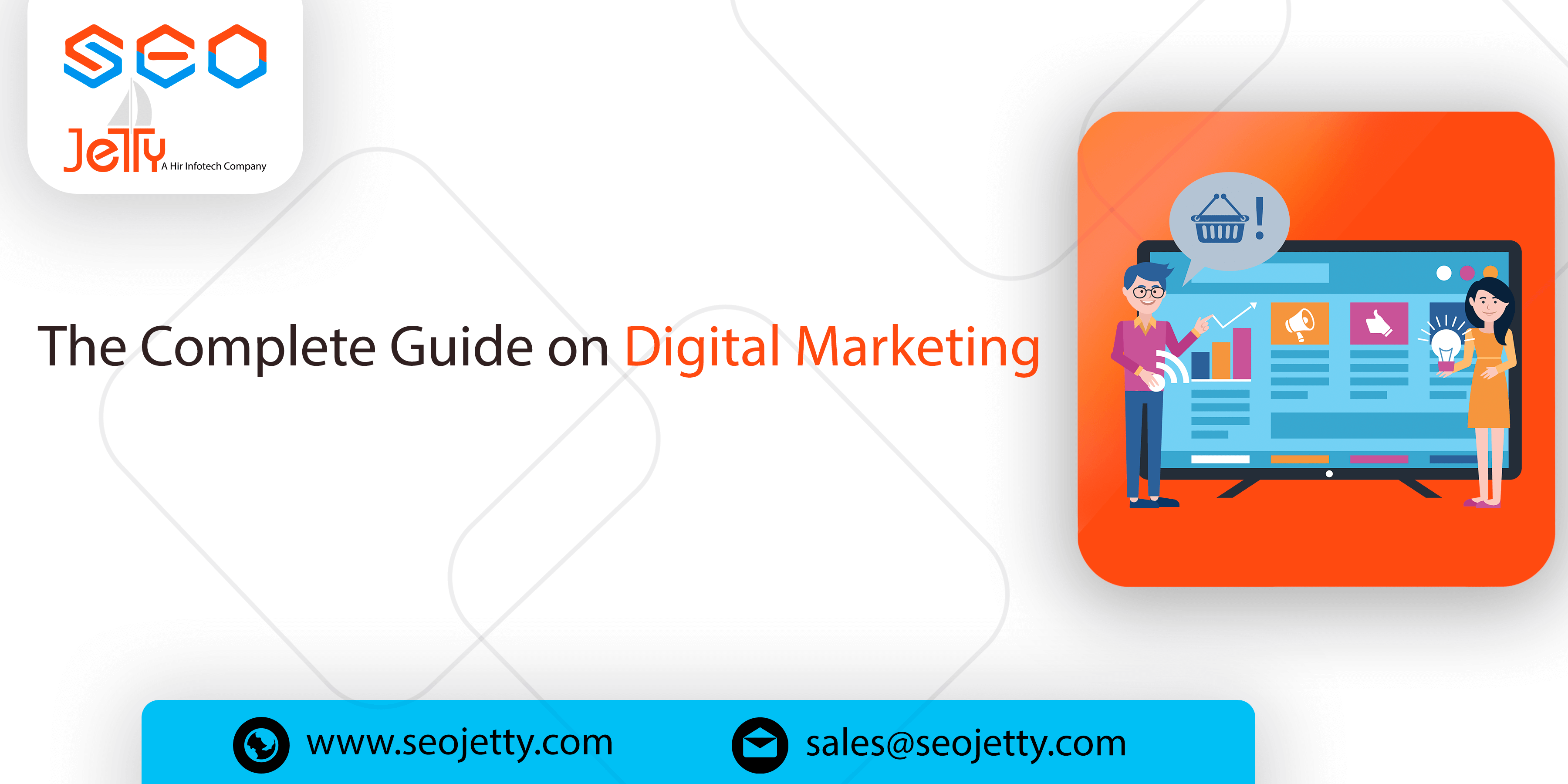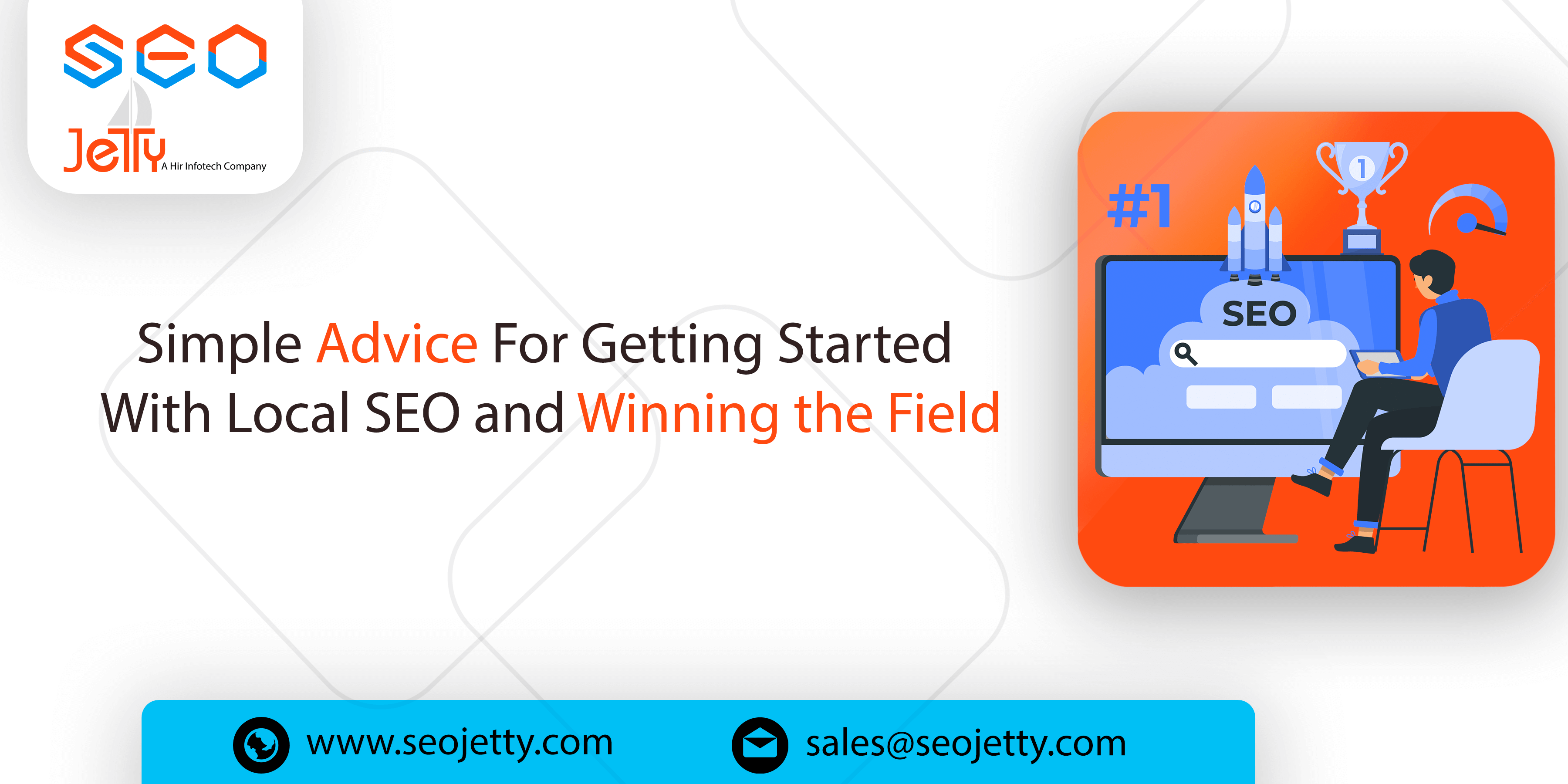
Is SEO cost-effective?
For a small or medium-sized business, the marketing budget is always inadequate in comparison to the extensive list of marketing requirements. Digital marketing offers numerous interesting opportunities to increase brand awareness, brand engagement, sales, and market share. How should the minimal budget be prioritized to identify the changes that will yield the best results?
This is where many companies dispute SEO’s usefulness. As a marketer, I am frequently asked if SEO is relevant and valuable. Is it too early or too late to invest in a marketing strategy for organic traffic?
Yes and no are both correct answers. In recent years, the Google algorithm has changed so drastically that SEO has become an absolute necessity for all internet enterprises. No longer can a single activity of keyword stuffing on your website produce organic results.
If you have reservations or doubts about SEO, possibly as a result of a negative experience in the past, don’t let them prevent you from seeing the truth of SEO now. Here are five regulations that govern the internet world.
- SEO is more necessary than ever before.
- SEO is a crucial discipline and set of actions that will continue to foster growth in the future. It plays an established and significant part in digital marketing strategy.
- With the proper SEO strategy and white-hat approaches, you will rank on page 1 of a growing list of Google Engine Search Results Pages with high purchase intent (SERP).
- SEO has been demonstrated to get more visitors than any other digital marketing method.
- SEO is a natural method for increasing the quality and quantity of website traffic.
5 Reasons Your Company Needs SEO:
1. Establishes Credibility
Good SEO makes a website user-friendly. Optimizing on-page SEO, content, and aspects using the current Google best practices develops trust and credibility, attracts high-quality backlinks, and provides valuable information for existing and potential consumers.
Site authority takes time. Consistency, patience, and high-quality products and services earn client trust. SEO is long-term.
2. Enhancing User Experience
People now “Google” every purchase. Businesses seek high exposure and great traffic. However, this requires a great user experience.
Google uses site crawl data, bounce rate, duration on site, and other visitor behavior to determine user satisfaction. Thus, online user experience is more important than ever. A website that provides information in the fewest clicks benefits you.
3. Local SEO
Small and medium-sized businesses must optimize for Local SEO as mobile visitation rises. Local SEO optimizes your business for local searches. Local connect optimization and Google My Business listing does this. Positive reviews on various sites are still significant.
4. Cheap and quantifiable
SEO is cheaper and has longer-term benefits than other digital marketing strategies. PPC vs. SEO. Lead-generating Google Pay-Each-Click campaigns generally cost $2000 or more per month. Stopping paid ads stops leads.
More investment yields faster SEO returns. SEO can continue to assist your firm.
SEO ROI is harder to calculate than PPC ROI since SEO benefits accrue over time. Tracking and analytics can show you how SEO affects performance.
Hire real SEO specialists. Many firms buy inexpensive SEO, which does little to no good and turns the website into a host for bad backlinks.
5. New Customers
SEO that attracts more high-quality organic traffic is powerful. New inquiries, leads, and sales indicate quality traffic.
SEO aids businesses. Growing your business’s online presence, brand awareness, and market share require long-term, monthly SEO.
Final words
- I hope I was able to clarify the advancements and industry best practices that are current for SEO to you. Here are a few closing remarks:
- SEO helps you have more control over the purchasing cycle of your customers by outlining the buyer’s journey.
- It’s important to avoid behaviors that will put you in problems with Google because it often updates its list of suggested SEO tactics. Years of dedication to building authority can be erased by a penalty, which can also drastically decrease organic traffic.
- A long-term approach is an SEO. To surpass rivals, there must be an initial strategic thought investment along with time and effort. But this does not mean that it will take some time before you notice the effect. A strong strategy and prudent investment will benefit your business even in the first year.
- SEO focuses on user intent, which results in a rise in high-quality organic traffic.
- More SEO chances are opening up as voice search and AI gain prominence.
Frequently asked questions:
Why is SEO good for business?
SEO can increase your brand’s long-term value. Your brand will become more visible with better positioning and rating. If you have an effective SEO and PR campaign, your brand will be seen when customers look for news and relevant topics.
What does SEO intend to achieve?
Search engine optimization is the science of improving a website so that it is more noticeable when people search for products or services. The chances that a website will be found by search engines increases a brand’s chance of attracting clients.
What does SEO strategy mean?
An SEO strategy is a method of categorizing a website’s content to improve the likelihood that it will appear in search results. Essentially, it refers to the procedure you follow to improve your chances of receiving organic traffic from search engines.









